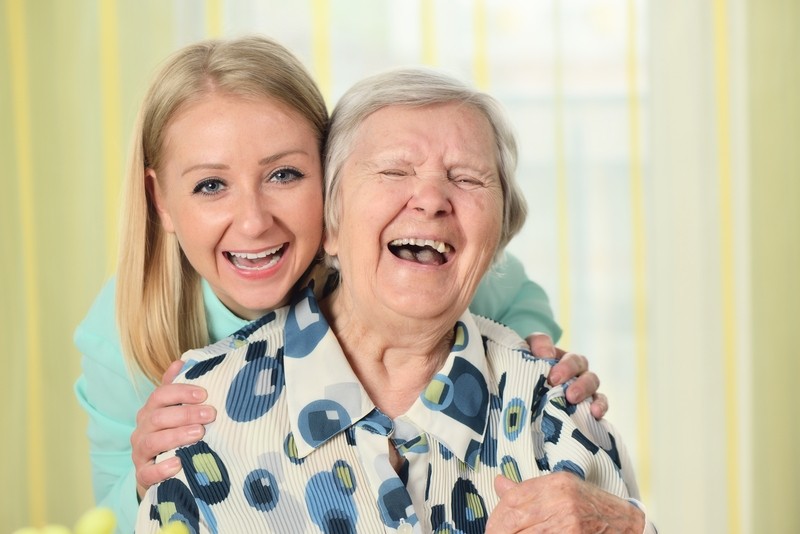Caring for someone with cancer, taking on new responsibilities, and worrying about the future can be exhausting at the very least – and it can quickly lead to burnout. When you’re busy caring for the person with cancer, who’s taking care of you? Check out these lists to identify strengths and weaknesses you can build on or improve.
Healthy ways to cope. Take a moment to look at these statements. They describe some healthy situations and ways of coping. They’ll give you an idea of how well you’re holding up, and may help you identify areas where you need to make a few changes to take better care of yourself. The more of these statements you can agree with, the better. If you don’t already have or do all of these, look for ways you can start working toward those that appeal to you. They can help you expand and strengthen your coping skills.
- I have supportive family and friends around me.
- I pursue a hobby or project for work, church, or my community.
- I take part in a social or activity group more than once a month.
- I am within 10 pounds of the ideal body weight for my height and bone structure.
- I use relaxation methods like meditation, yoga, or progressive muscle relaxation at least 5 times a week.
- During an average week I get at least 150 minutes of moderate exercise (such as walking or yoga) or 75 minutes of vigorous activity (such as jogging or basketball).
- I eat a well-balanced, healthy meal 2 or 3 times during an average day. (A balanced meal is low in fat and high in vegetables, fruits and whole-grain foods.)
- I do something fun “just for me” at least once during an average week.
- I have a place where I can go to relax or be by myself.
- I set priorities and manage my time every day (such as deciding what tasks are most important, how much I can and can’t do, and getting help when needed).
It can be hard to find the time to do all these things, but they can help a lot in keeping some balance in your life during this very stressful time. If your schedule is too crowded, see who you can ask for help. If there’s no one to help you, talk to your loved one’s cancer care team to find out what resources may be available in your area.
Less-healthy coping. If you use any of these strategies to help you get by, you may find that over the long term they actually lower your ability to deal with important issues in your life. They can also create health problems and worsen your relationships with loved ones. If you need help quitting tobacco, alcohol, or other drugs, please talk with your health care provider.
- I smoke cigarettes or use tobacco several times a week.
- At least once or twice during an average week I use medicines, alcohol, or other substances to help me sleep.
- At least once or twice during an average week I use alcohol, medicines, or other substances to reduce anxiety or help me calm down.
- I bring work home at least once or twice during an average week.
If you find it hard to cope or feel overwhelmed or sad all the time, you may want to talk with your health care provider about these feelings.
Originally written by,
Cancer.org
Source:
http://www.cancer.org/treatment/caregivers/copingasacaregiver/coping-checklist-for-caregivers

